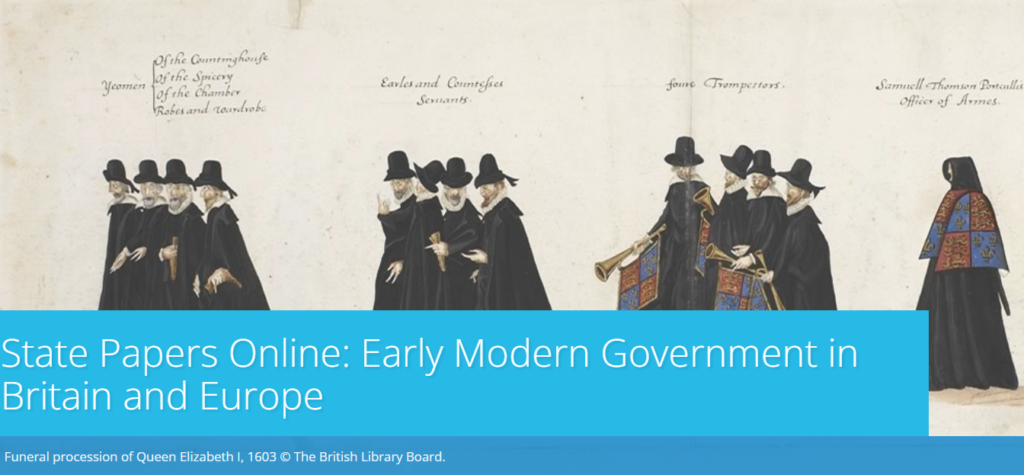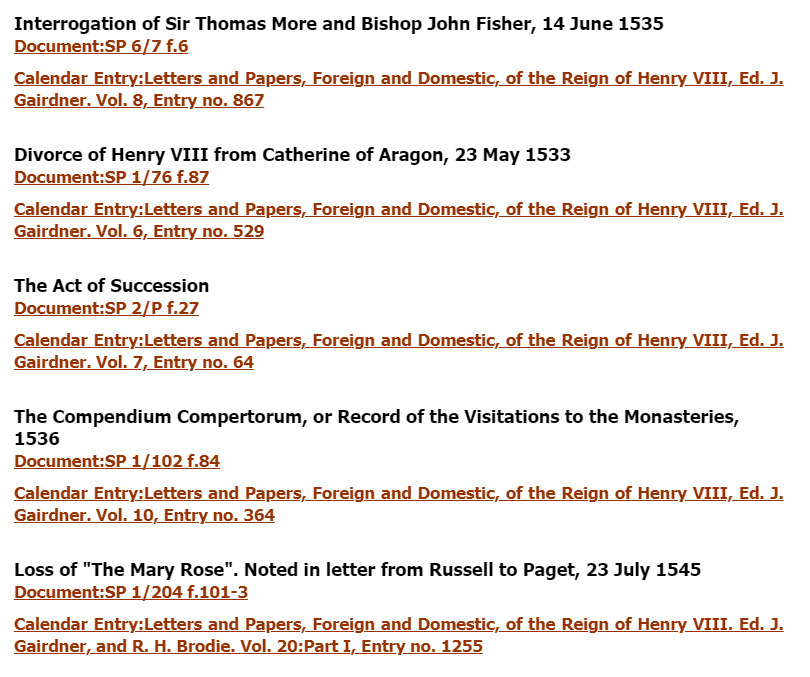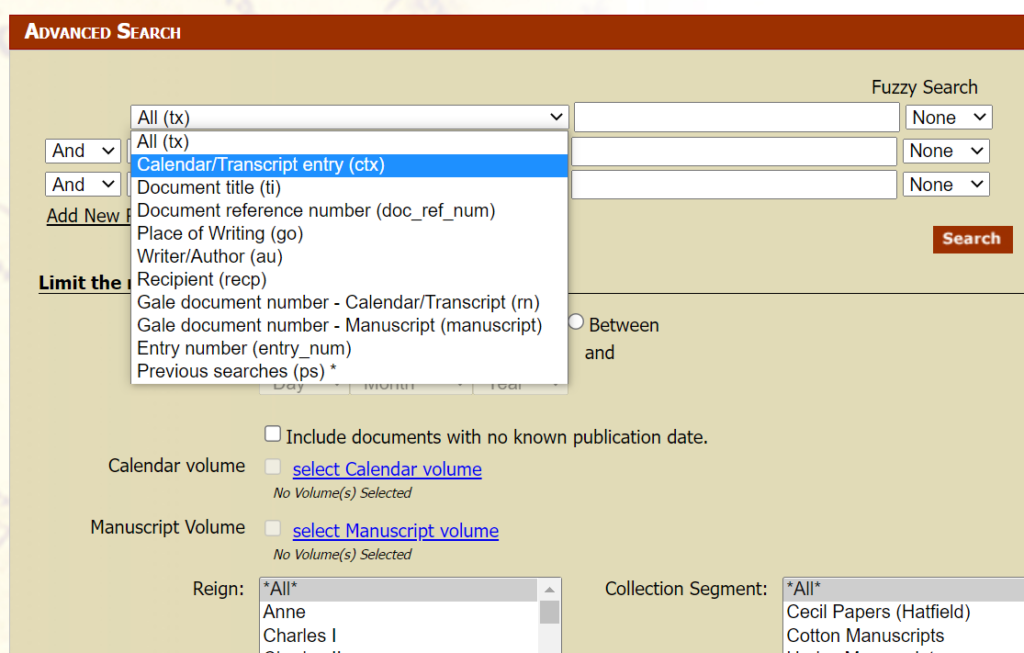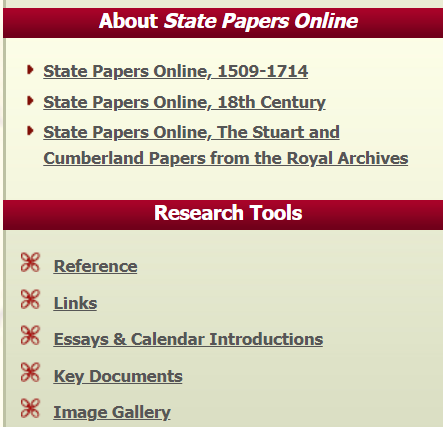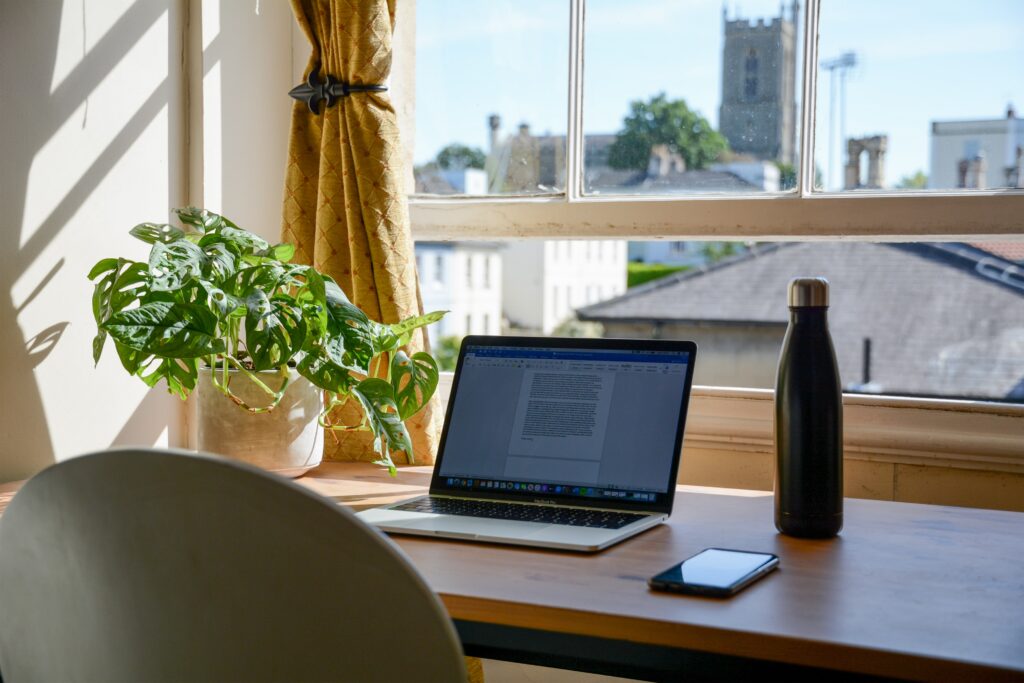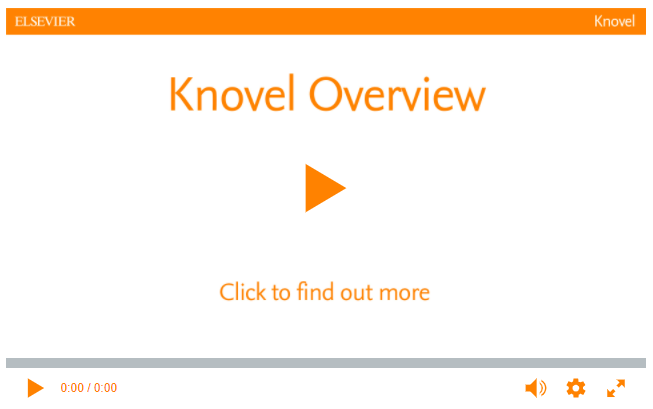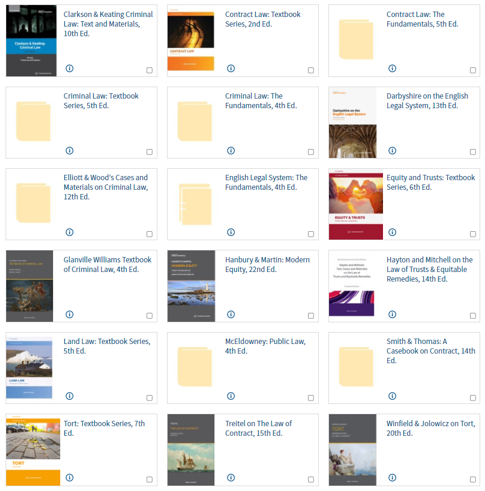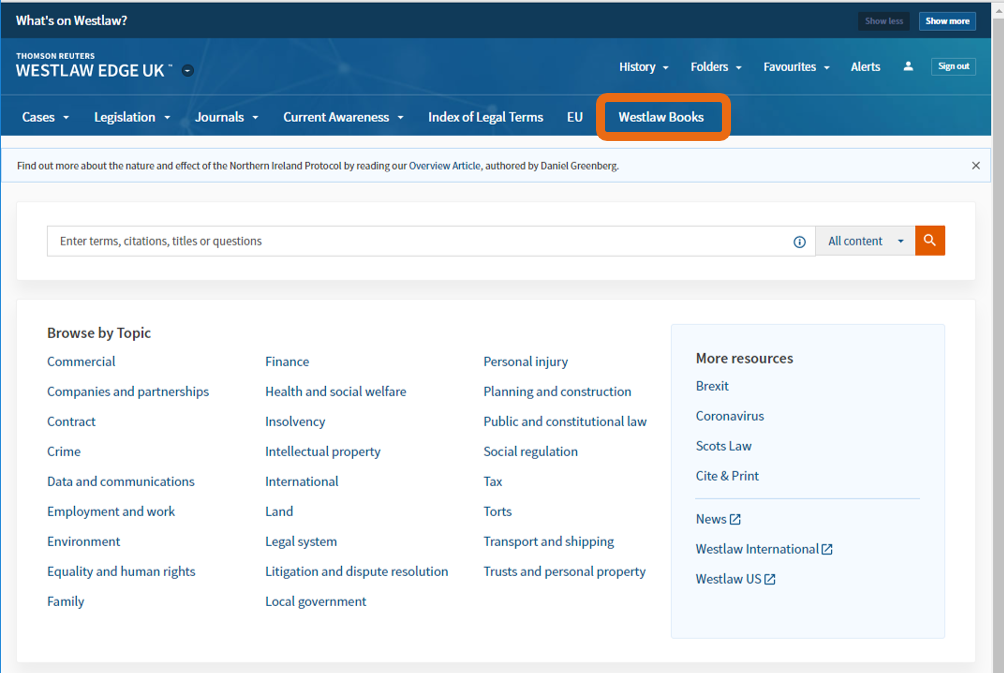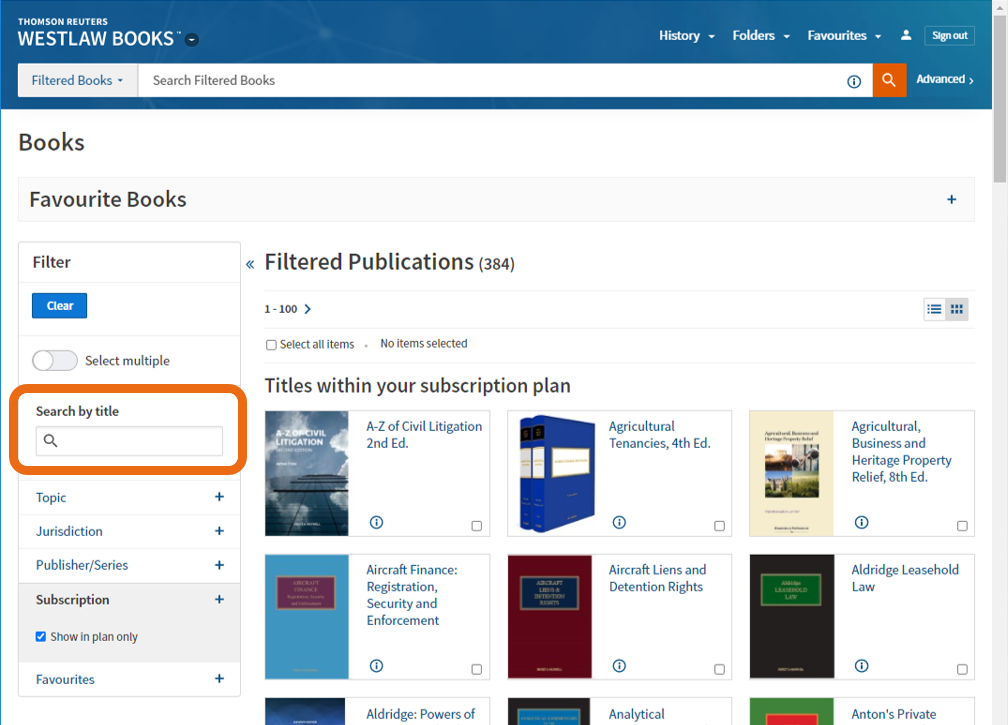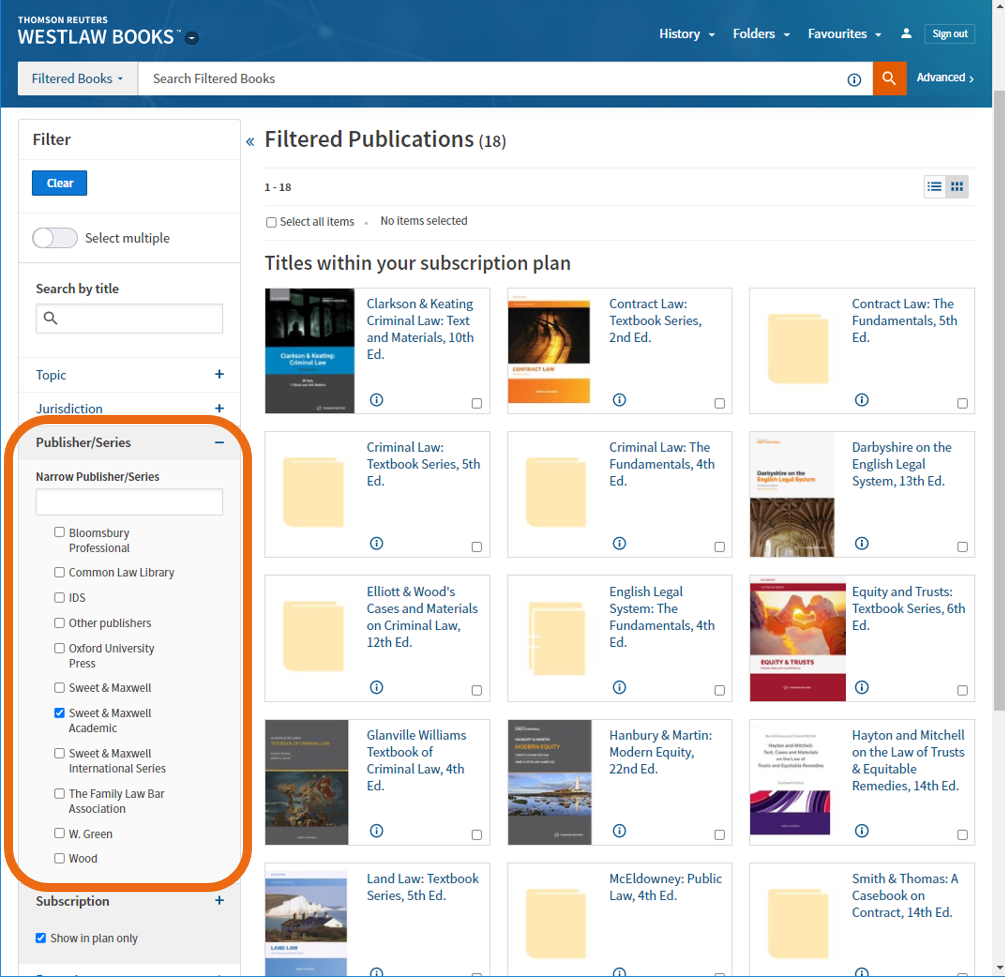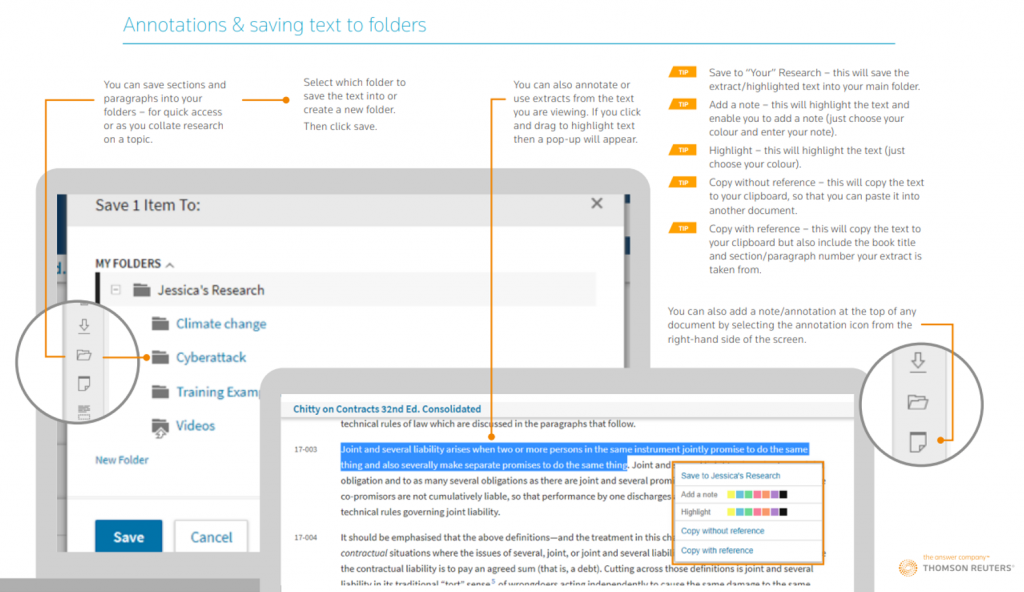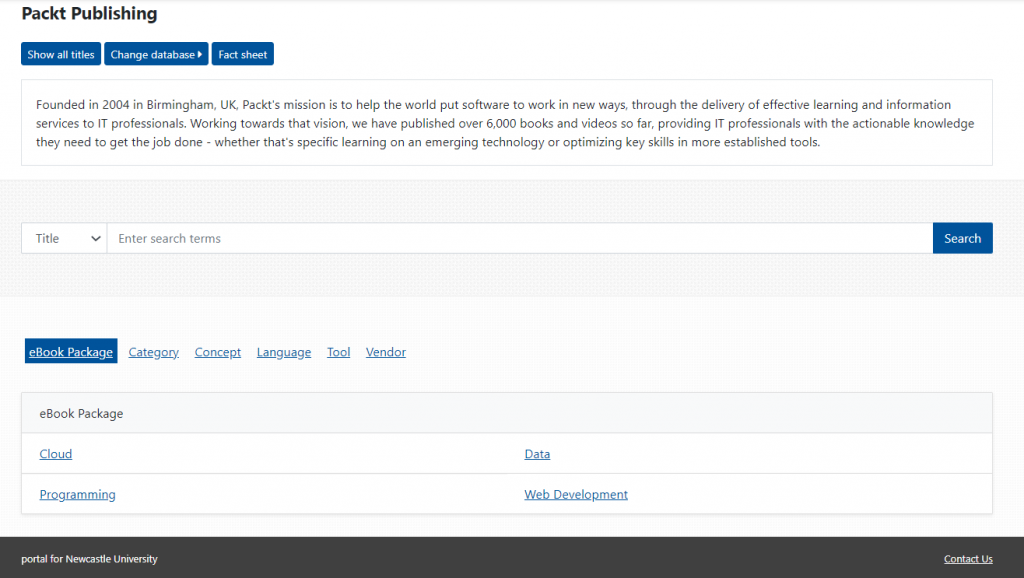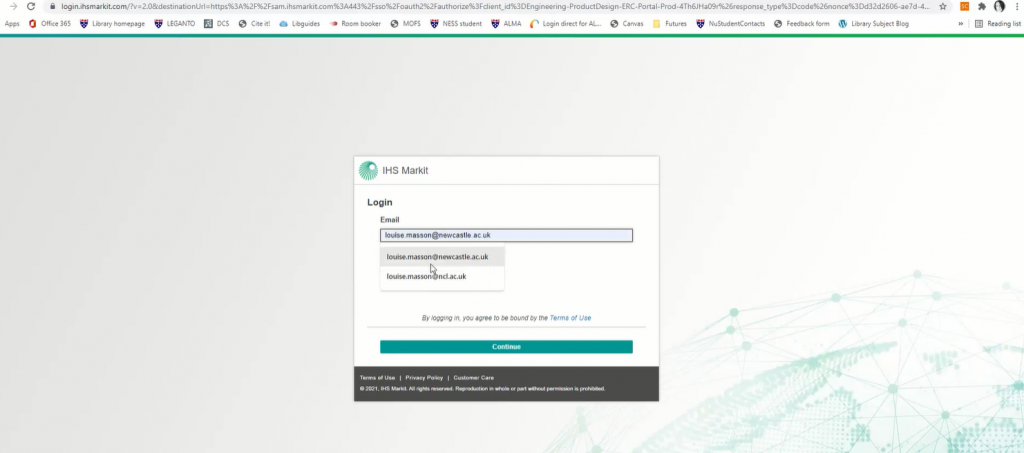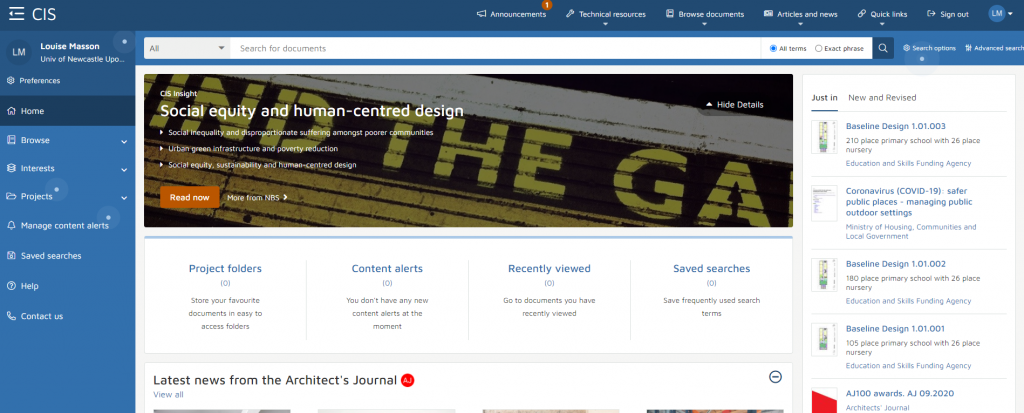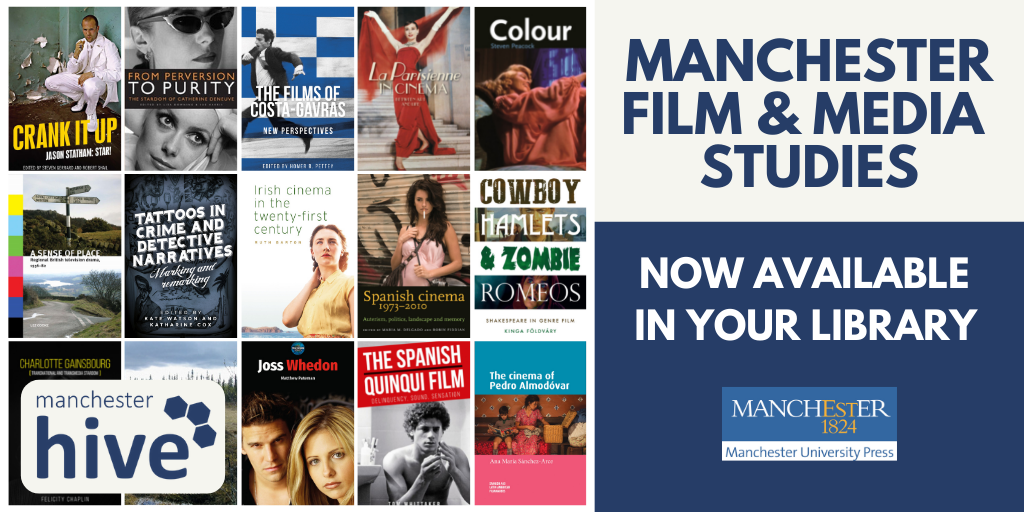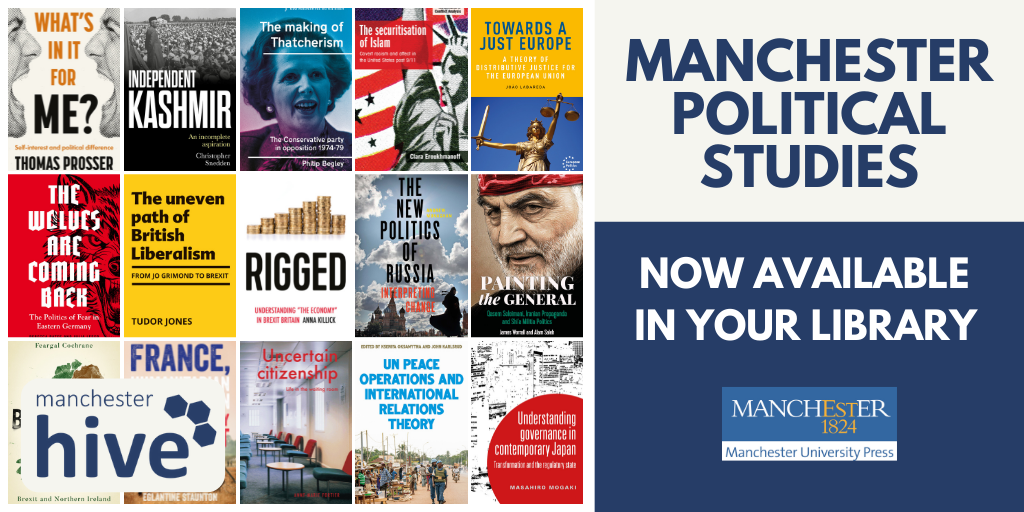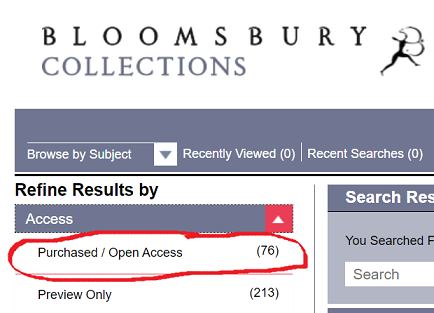The Library has lots of great collections and resources, so when it comes to finding wider reading for your topic, or beginning research for your assignment or dissertation it might all seem a bit overwhelming. Library Search is a great place to start looking for information but there are many other resources you might want to try. To help you we’ve put together this list of some of the most useful online databases and collections for Philosophical studies.
Let’s dive in!
Scopus
Scopus is a large, interdisciplinary database of peer-reviewed literature, providing an index of articles, book chapters, conference papers and trade publications.
One of the main advantages of using Scopus is that it provides a lot of useful information about the articles it indexes. This includes full reference lists for articles and cited reference searching, so you can navigate forward and backward through the literature to uncover all the information relevant to your research. You can also set up citation alerts, so you can be informed of new, relevant material automatically.
Scopus includes other smart tools that can help you track and visualise the research in your area, including author and affiliation searching, visual analysis of search results, a journal analyser, and author identifier tools. You’ll find tutorials and advice on using these features in the Scopus support centre and on their YouTube Channel.
JSTOR
JSTOR provides access to full-text materials including scholarly journals, books and book chapters in the arts, humanities, and social sciences. It has basic and advanced search options that allow you to search by topic keyword, author, subject area, title or publisher.
Take a look at our Get more out of JSTOR blog post to find tips for advanced searching on this database.
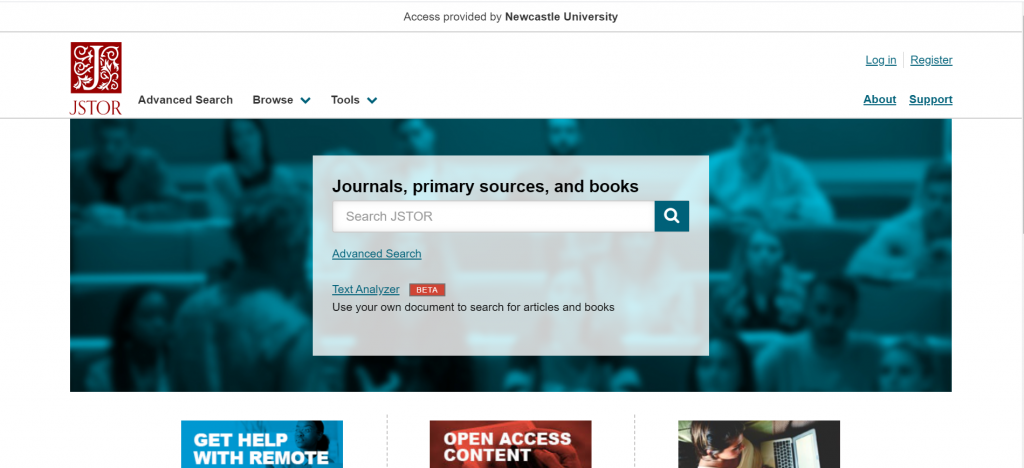
Arts and Humanities Citation Index
Part of the Web of Science Core Collection, the Arts and Humanities Citation Index contains indexes for over 1,800 journals across 28 arts & humanities disciplines, dating from 1975 to present. Once you’ve accessed the Web of Science homepage, select more settings and tick the Arts and Humanities Citation Index, to limit your search to this database.
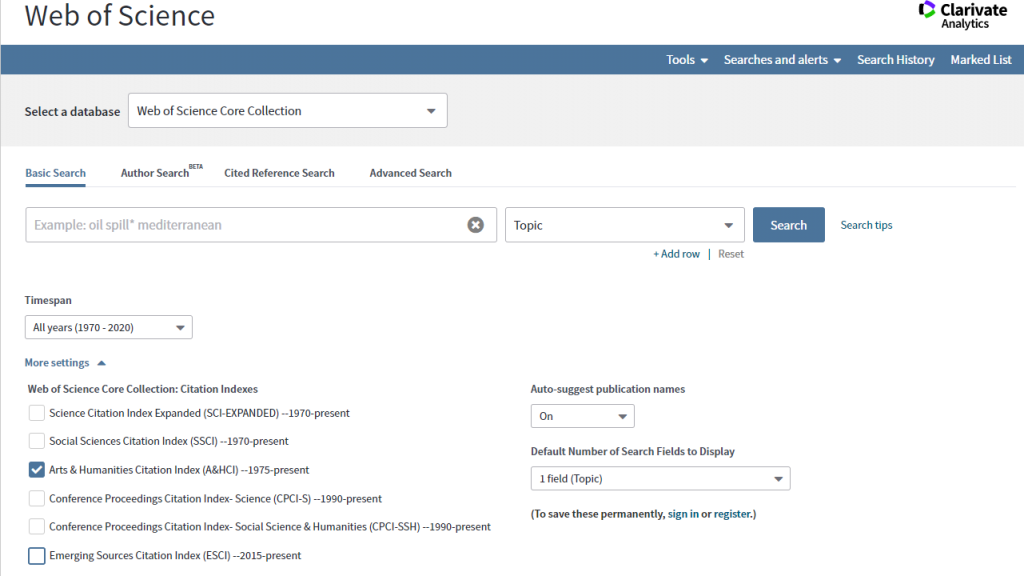
Like Scopus, the Arts and Humanities Citation Index provides a lot of useful information about the articles it indexes, including abstracts, keyword descriptions, full reference lists and cited reference searching within the web of science collection. There are smart tools for analysing your results and options to set up search alerts to be notified of any new relevant material.
Web of Science provide a helpful and detailed guide to their Core Collection which includes search tips for basic and advanced search as well as a guide to setting up alerts and saving results.
Stanford Encyclopedia of Philosophy
The Stanford Encyclopedia of Philosophy is a major reference work, compiled and kept up to date by experts in the field. You can browse contents alphabetically, or use the search box to look for keywords, philosophers or philosophical movements. Each record includes an introductory abstract, entry contents, a bibliography, a list of related entries, and links to other useful online resources.
Reference works can be particularly useful at the beginning of your search when you’re looking for an overview of your topic area, or if you’re looking for a key fact to add to an argument, they can also be useful if you want to develop your knowledge of subject vocabulary.
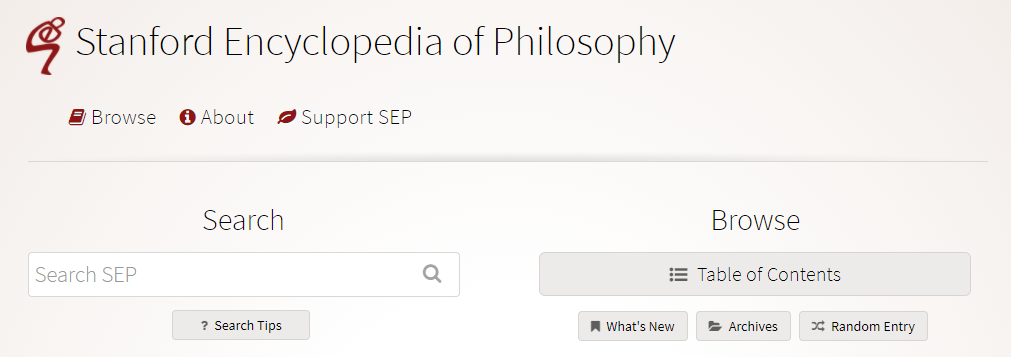
PhilPapers
PhilPapers is a comprehensive index and bibliography of online scholarly material for philosophy, maintained by a community of philosophers. The database includes books, journals and open access archives, while the linked PhilArchive repository provides links to open access publications.
You can use basic or advanced search tools to look for material by keyword, find specific journals or explore user profiles of members of the community. Item records provide helpful details such as an abstract, keyword and relevant categories as well as a list of references, citing articles and related reading. You’ll also find a range of download options for the item.
Additionally, PhilPapers provides a reference collection of over 5000 philosophical categories organised hierarchically by topic, which you can browse from the homepage or via the Topic tab in the menu. These are maintained by experts in the field and include a summary of the topic, a list of key and introductory works and a links to related categories.
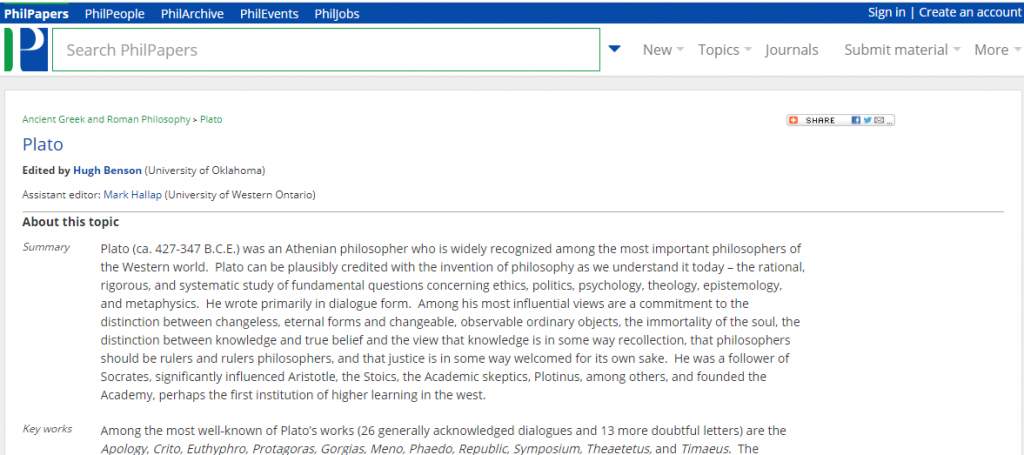
Look out for the option to take a quick guided tour on the main homepage, this introduces you to the main features and tools of the database.
Box of Broadcasts (BoB)
Box of Broadcasts allows you to access TV and radio broadcasts from over 65 channels, including most of the UK’s Freeview network, all BBC TV and radio content from 2007, and several foreign language channels. It’s a great resource for finding documentaries or critical opinions.
You can view archived programmes, create clips and playlists, and see transcripts to help with citation and translation. You can also search other user’s public playlists to see curated lists around topics similar to your own. There are lots of helpful tutorial videos on the BoB website.
Unfortunately, Box of Broadcasts is not available outside the UK.
Philosophy Subject Guide
This list was just a taster of all the great resources available for your subject area, to access these and to find out more visit your Subject Guide and explore the journals, databases and subject specific resources we’ve curated for Philosophy students.


